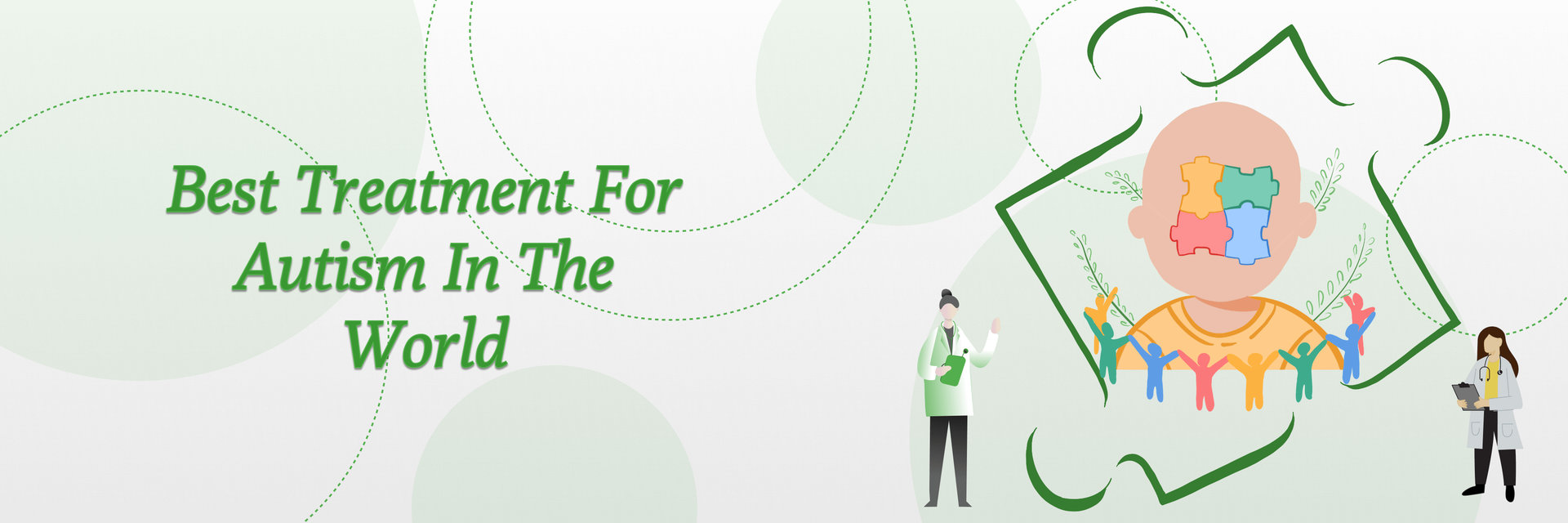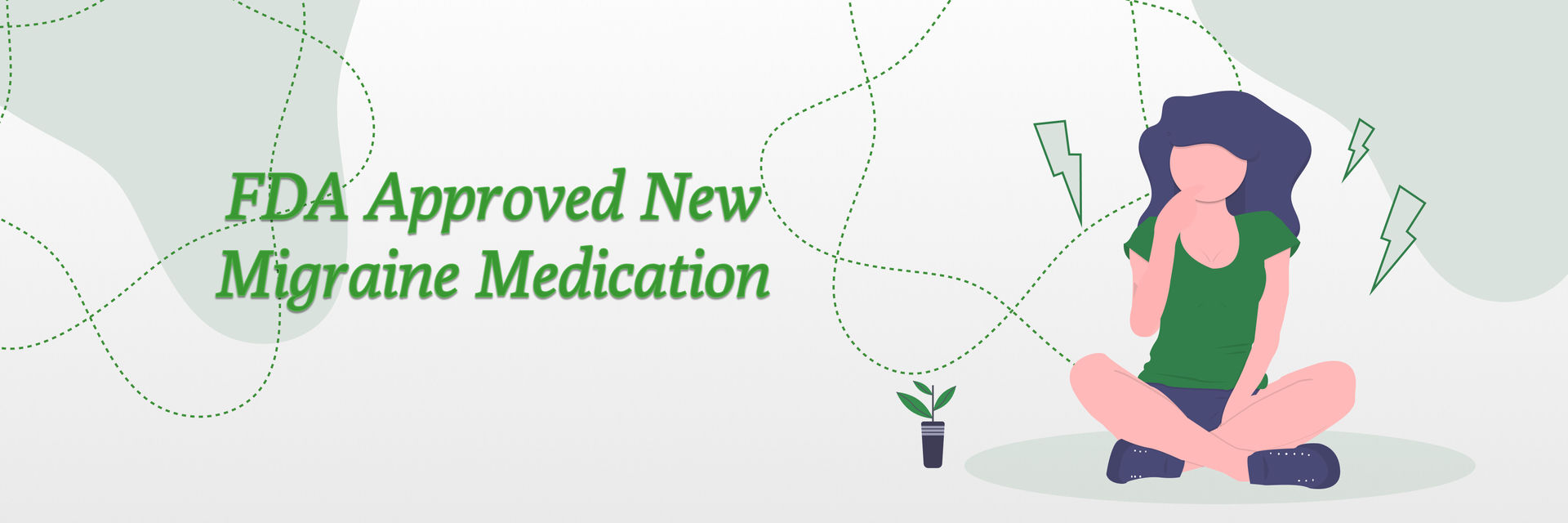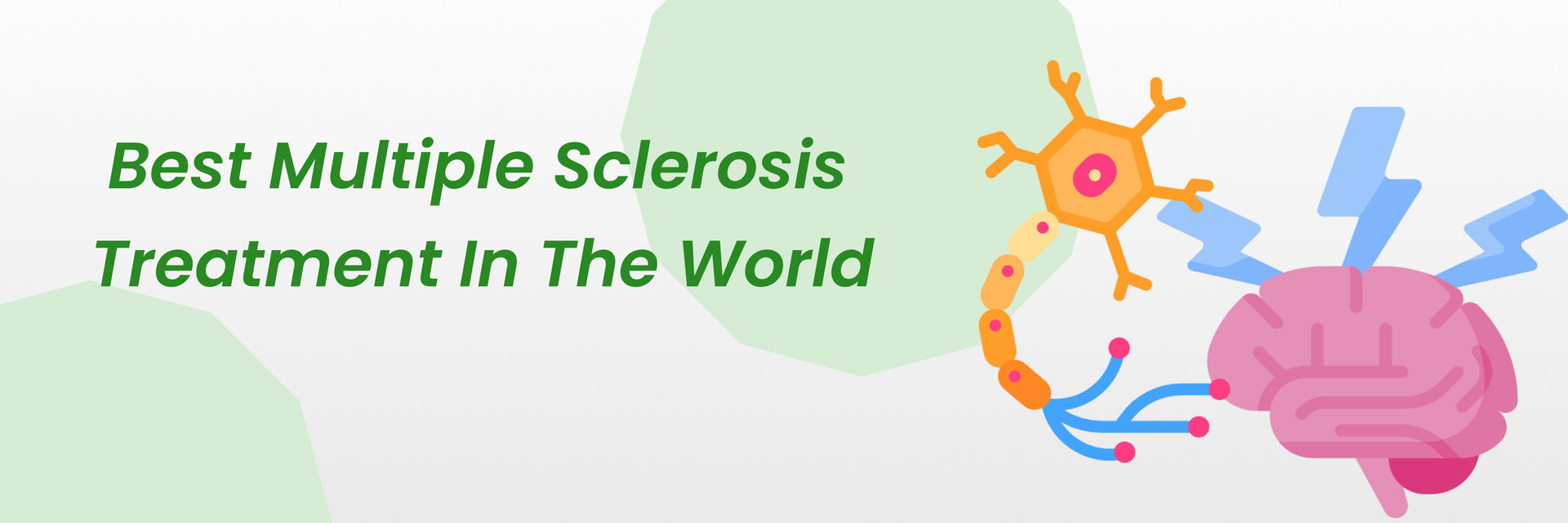A mini-stroke, or transient ischemic attack (TIA), is a serious warning. It could come before a full-blown stroke. A TIA (ministroke) is caused by a temporary blockage of a blood vessel in or around the brain. It can cause stroke-like symptoms that usually resolve within 5 minutes but can last up to 24 hours.
Understanding Life Expectancy After Mini-stroke
Life expectancy after a mini-stroke can vary greatly. It depends on many factors, including the person’s health, other conditions, and how quickly they received treatment after the mini-stroke. Generally, a mini-stroke does not cause permanent damage. However, it indicates a much higher risk of future strokes, which can be more damaging or fatal.
Prompt medical treatment after a TIA may minimize this risk and increase the likelihood of a long life.
- The risk of a stroke after a TIA seems to be particularly high within the first 3 months.
- Roughly 20% of people who experience a TIA have a stroke within this period, and about 50% of these strokes occur within the first 2 days after a TIA.
- Because of the risk of stroke, having a ministroke may reduce your 1-year survival rate by up to 4%.
- This means the chance of living for one year after a ministroke maybe 4% lower than if you did not experience one.
Understanding the effects of a mini-stroke on lifespan is crucial. It helps with making needed lifestyle changes and taking preventative measures.
Are you interested in understanding more about how a mini-stroke can impact your health long-term?
Book your appointment today with the best neurosurgeon for detailed insights and preventative tips.
How Does a Mini-Stroke Affect You?
A mini-stroke is medically known as a transient ischemic attack (TIA). It happens when the blood supply to part of the brain is briefly interrupted. Symptoms resemble those of a stroke but last less than 24 hours before disappearing. TIAs do not usually cause lasting brain damage. But they greatly increase the risk of a full stroke. Recognizing and treating a TIA quickly can help prevent severe consequences. It can stop later strokes.
And here’s the kicker: Can a mini-stroke shorten your life expectancy? The answer might surprise you.
Can a Mini-Stroke Shorten Your Life Expectancy?
While a mini-stroke itself does not cause lasting brain damage, it greatly raises the risk of future strokes. Research suggests that the months after a mini-stroke are the highest risk for a major stroke, which can indeed shorten life. Approximately 10-15% of individuals who experience a mini-stroke will have a major stroke within three months. Managing risk factors effectively can mitigate these risks significantly.
Dr. Gurneet Sawhney, a renowned Neurosurgeon in Mumbai, stated, "A mini-stroke, or TIA, is a serious warning sign that shouldn't be ignored. It can indeed impact life expectancy if not properly addressed, as it increases the risk of a full stroke and other cardiovascular issues. Immediate medical attention is crucial to improve long-term outcomes and reduce future risks."
Now, consider this: What lifestyle changes can you make to improve your life expectancy after experiencing a mini-stroke?
Long-Term Effects of a Mini-Stroke
- Temporary Weakness: Some people may experience temporary weakness or numbness in the face, arm, or leg, particularly on one side of the body.
- Cognitive Impairments: There can be minor cognitive challenges, such as difficulties with memory or concentration, which usually improve over time.
- Mood Changes: Emotional side effects, including sudden mood changes or feelings of anxiety and depression, are not uncommon.
- Speech Difficulties: A mini-stroke might lead to transient speech problems, such as slurred speech or trouble finding the right words.
- Fatigue: Feeling unusually tired, even after normal activities, is a common long-term effect that may persist for several weeks.
- Increased Stroke Risk: One of the most significant long-term effects is the increased risk of having a full stroke in the future.
How Common Are Recurrent Mini-Strokes?
Recurrent mini-strokes are relatively common and pose a significant health risk. Statistics show that about 1 in 3 people with a mini-stroke will have another. 1 in 10 will have a major stroke within a year unless they manage their risk factors.
Let’s not forget: Managing risk factors is crucial. Here’s how you can stay on top of your health.
Lifestyle Changes to Improve Life Expectancy After a Mini-Stroke
- Eat a Balanced Diet: Focus on a heart-healthy diet rich in fruits, vegetables, whole grains, and lean proteins. Reduce intake of saturated fats, salt, and processed foods.
- Regular Physical Activity: To improve overall cardiovascular health, aim for at least 150 minutes of moderate aerobic exercise per week, such as walking, cycling, or swimming.
- Quit Smoking: Smoking cessation is crucial as it significantly reduces the risk of another stroke and improves overall heart health.
- Limit Alcohol Consumption: Keep alcohol intake to a minimum. For most people, this means up to one drink daily for women and two for men.
- Manage Stress: Practice stress-reducing techniques such as meditation, yoga, or deep breathing exercises to help lower blood pressure and enhance emotional well-being.
- Monitor Health Regularly: Monitor blood pressure, cholesterol levels, and diabetes management. Regular check-ups with your healthcare provider are essential.
- Stay Hydrated: Drinking plenty of water helps prevent dehydration and maintains necessary blood flow to prevent further strokes.
Warning Signs of Another Mini-Stroke
Recognizing the warning signs of another mini-stroke is vital for preventing further damage.
Symptoms to watch for include:
- Sudden numbness or weakness, especially on one side of the body.
- Confusion or difficulty understanding speech
- Vision problems in one or both eyes
- Difficulty with walking, dizziness, or loss of balance
- A sudden, severe headache.
Effective treatments are available and can make a huge difference in your recovery and future health.
What Treatments Are Available After a Mini-Stroke?
- Medications:
Antiplatelet Drugs: Aspirin or clopidogrel help reduce blood clotting to prevent future strokes.
Anticoagulants: Like warfarin or newer agents (e.g., apixaban), used to prevent blood clots in patients with atrial fibrillation.
Blood Pressure Medications: Various types to control hypertension, a major risk factor for stroke.
Cholesterol-Lowering Drugs: Statins are often prescribed to reduce cholesterol levels and manage heart disease risks.
- Surgical Procedures:
Carotid Endarterectomy: A surgery to remove plaque buildup from the carotid arteries if significantly narrowed.
Angioplasty and Stenting: To widen narrowed arteries and place a stent to keep them open.
- Rehabilitation Therapies: Depending on symptoms, may include speech therapy, physical therapy, or occupational therapy to help recover lost functions and improve quality of life.
Are you concerned about your risk factors for stroke? Schedule a consultation with experienced doctors at the top neurosurgery hospitals now and take a proactive step towards a healthier future!
Conclusion
A mini-stroke can be a big warning, but it also lets us address underlying health risks. Proper treatment and lifestyle adjustments can significantly improve individuals' life expectancy. It is crucial to work closely with healthcare providers. You will make a plan that targets these risk factors well.
FAQs
Can a mini-stroke cause permanent damage?
No, a mini-stroke typically does not cause permanent damage. The symptoms are temporary and usually resolve within 24 hours.
How quickly should you seek treatment after a mini-stroke?
Immediate medical attention is crucial after experiencing mini-stroke symptoms. Early treatment can significantly reduce the risk of a major stroke.
Are there specific diets recommended after a mini-stroke?
Yes, you should eat a heart-healthy diet. This diet should be rich in fruits, vegetables, whole grains, and lean proteins. It is recommended to lower stroke risk. Limiting salt, fats, and sugar is also advised.







